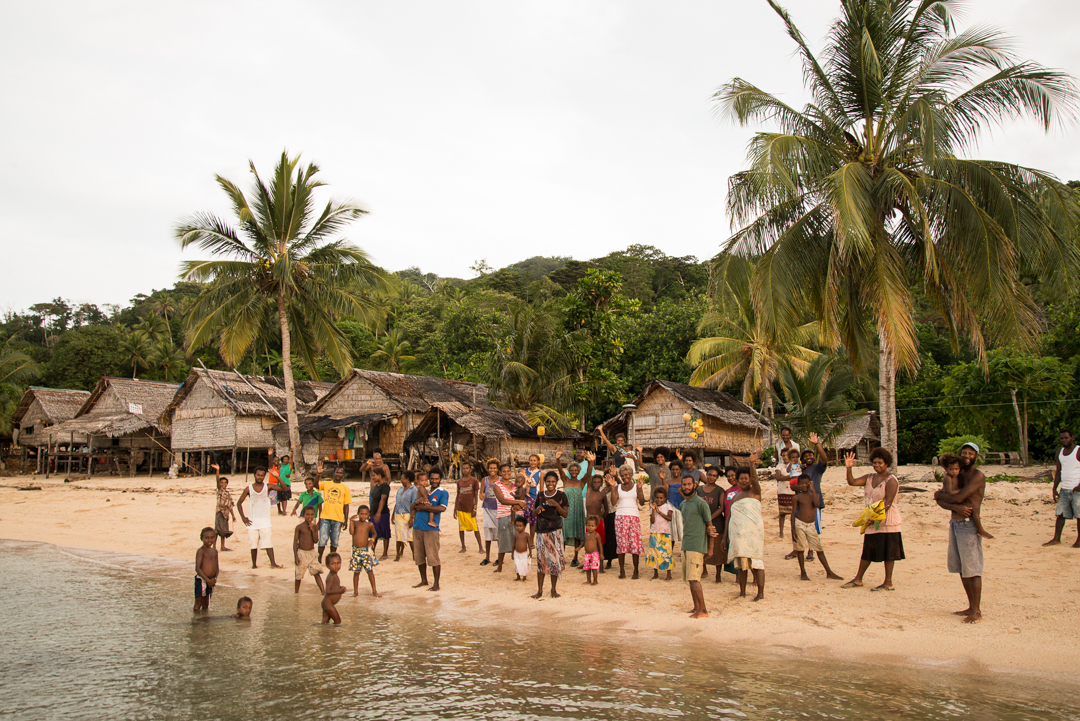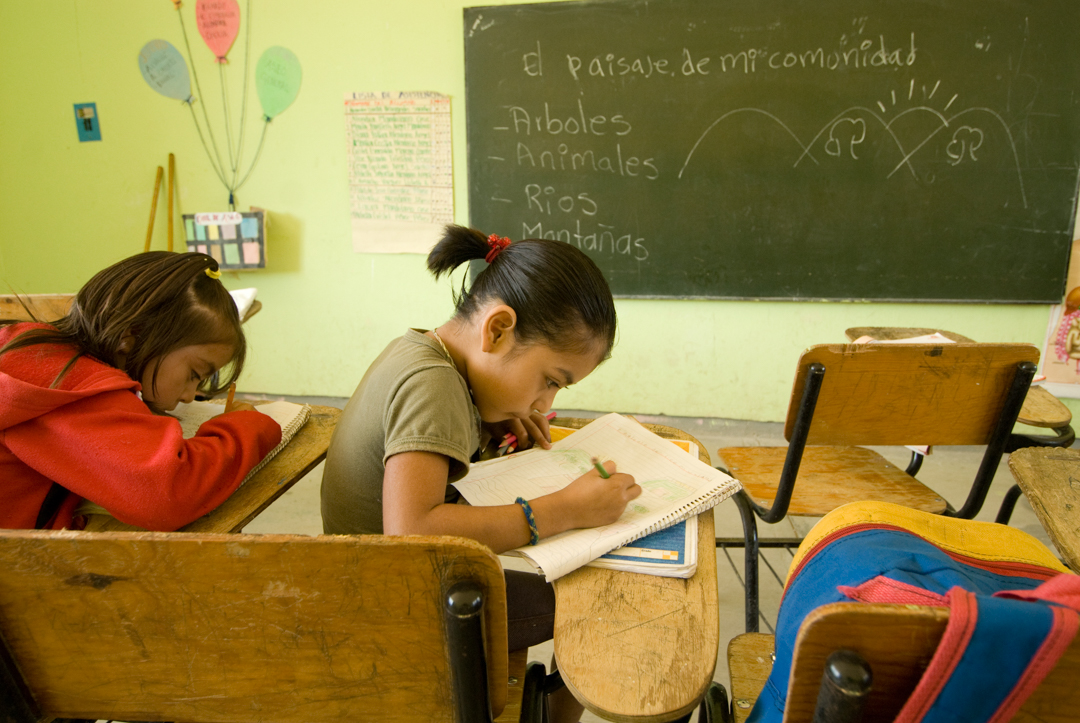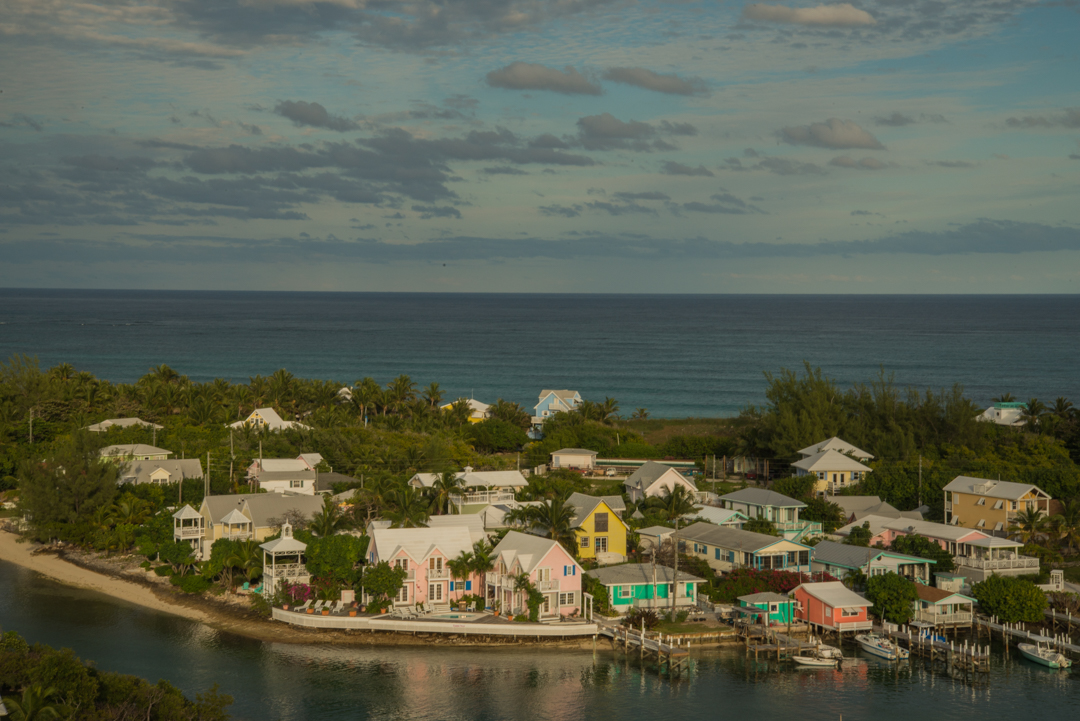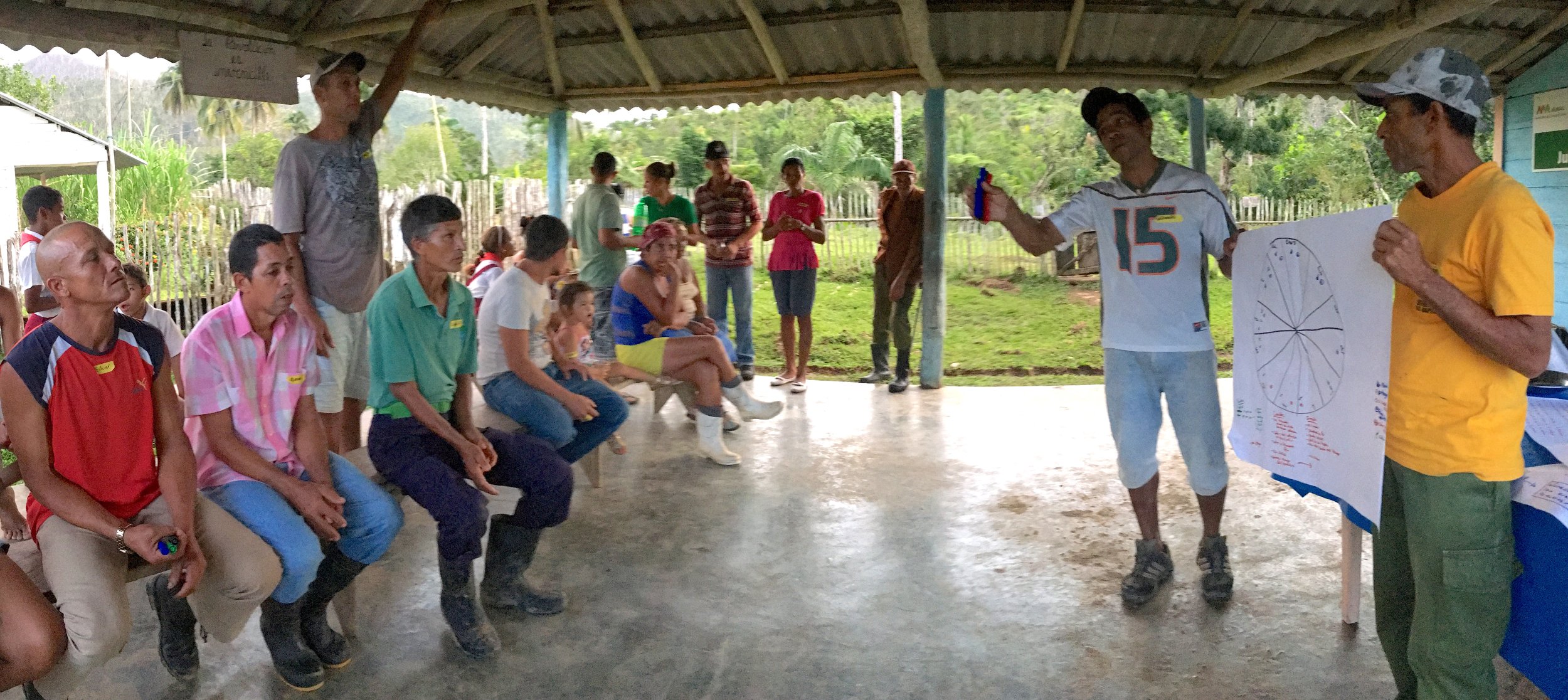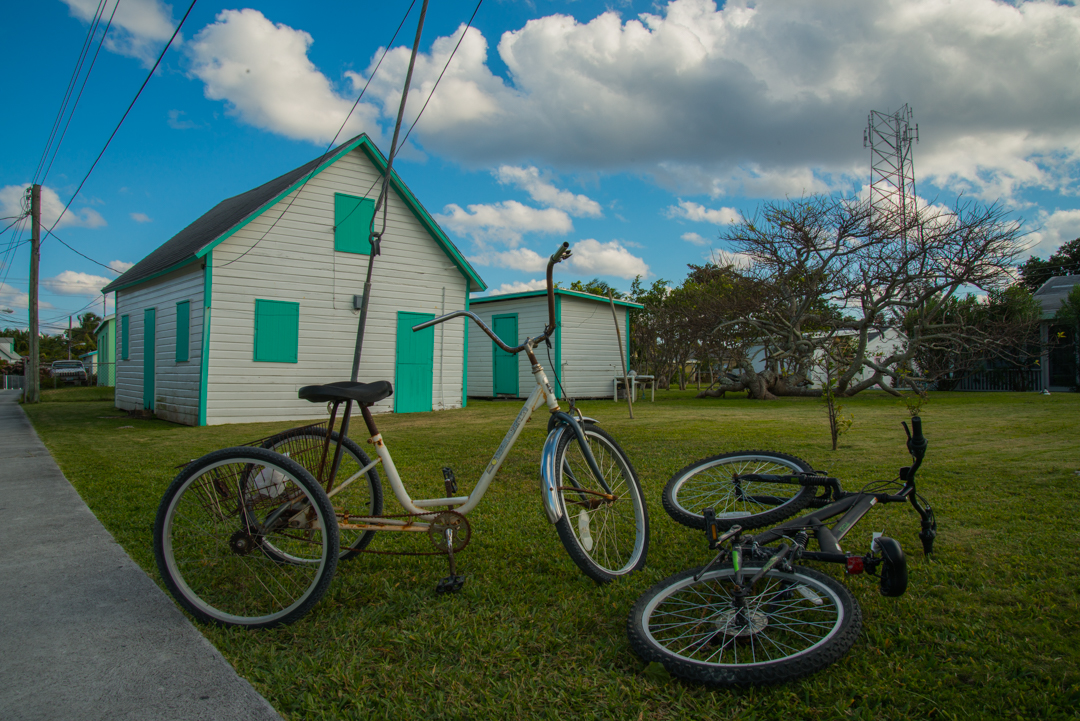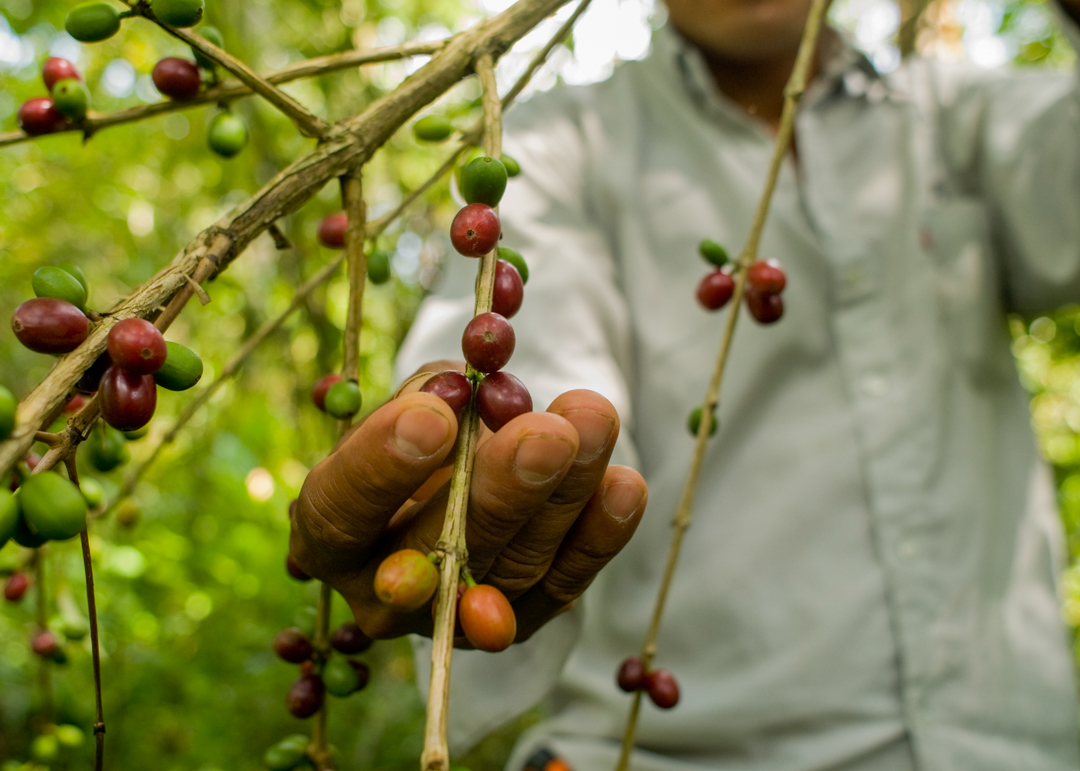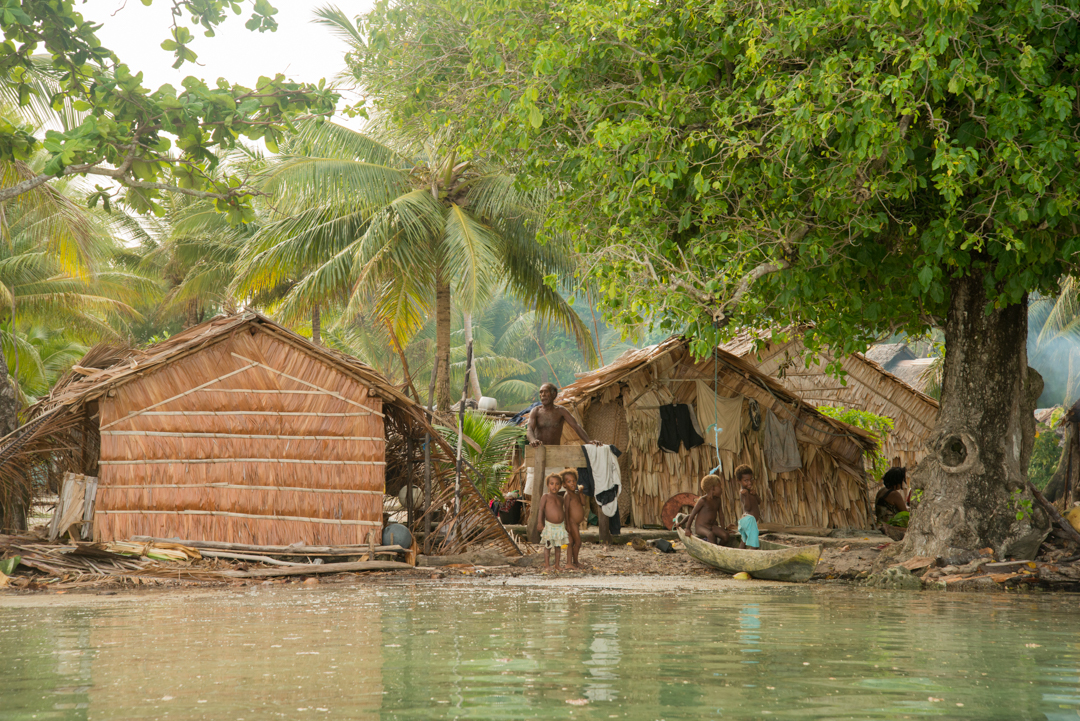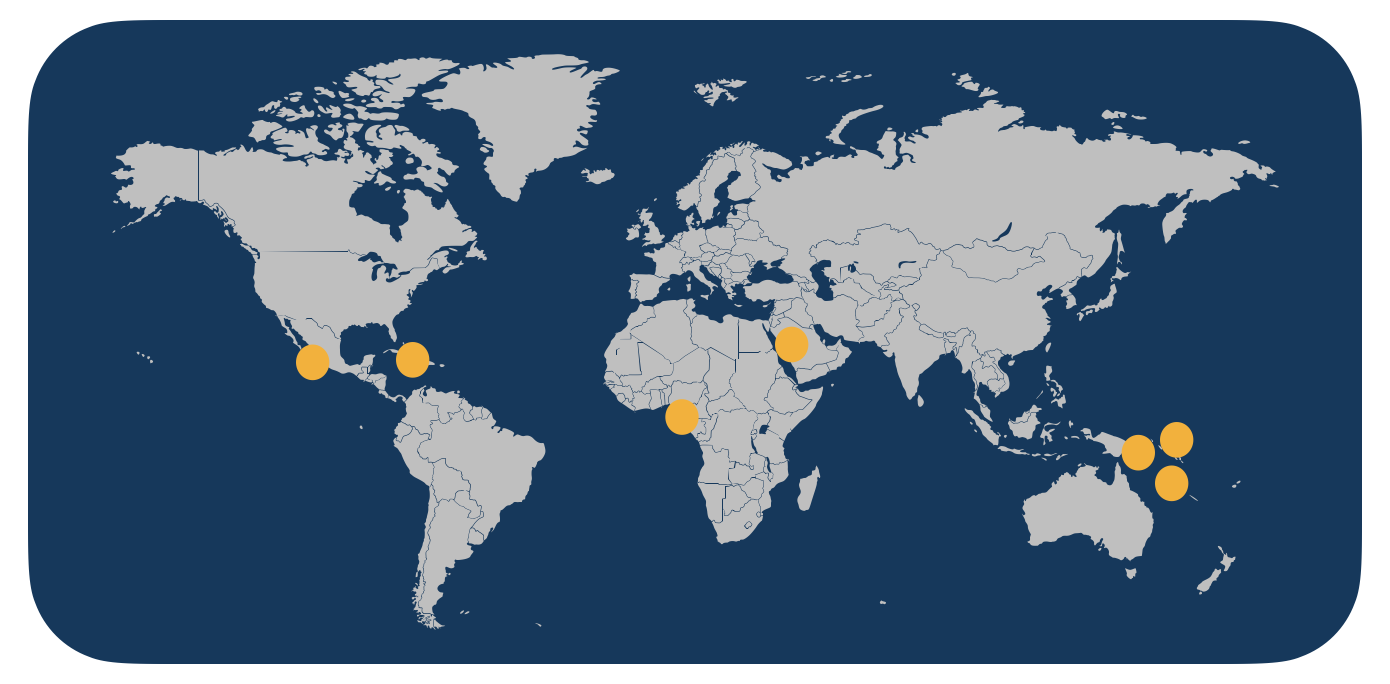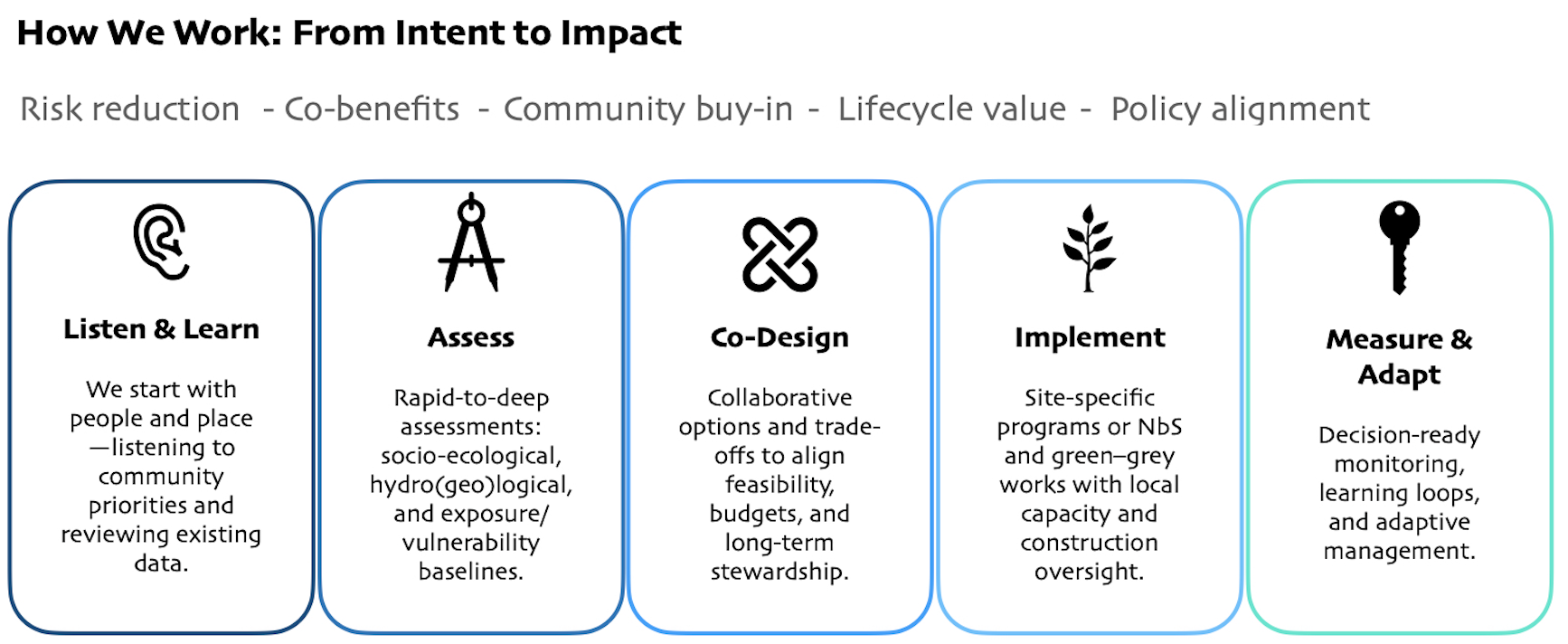Consulting Services
Bridging the gap between good intentions and on-the-ground impact
A people-in-place approach
Other models split ‘society’ from ‘nature.’ We take a people-in-place approach—designing with communities, biodiversity, lands, and waters as one system for lasting risk reduction, water security, and social-economic-ecological well-being.
Our expertise
Drawing on social and natural sciences—and technical and green-engineering expertise—we’ve delivered results across diverse geographies, climates, and cultures.
We provide inclusive, cost-effective, long-term solutions.
Regions Ecothropic has supported
What we do
Assess
Ridge-to-reef risk and needs assessments across ecosystems, habitats, species, and sectors
Technical assessments (soil mechanics, geotechnics/hydraulics, topographic surveys)
Socio-ecological and socio-economic studies
Collaborate
Rights-holder and partner engagement (community leaders, cooperatives, agencies, government)
Culturally specific, collaborative action planning
Programs that strengthen or establish locally-driven, locally-supported nature-based approaches
Design & Implement
Site-specific and strategic Nature-based Solutions (NbS) including to reduce flood risk and improve water security
Green–grey engineering: structural design, analysis, renderings, and construction oversight
Integrated strategies for sustainable livelihoods, food production, watershed and water-resources management, and ridge-to-reef stewardship
Build Capacity
Climate-smart disaster-risk-reduction training and planning
Curriculum design for NbS, water management, agroecology, community-based DRR, and ecological construction
Communicate & Amplify
Storytelling and film that engage youth, elevate traditional knowledge, and showcase community solutions
Documentation of project outcomes and local leadership
Photography workshops for practitioners and implementers
Outcomes you can expect
Measurable multi-hazard risk reduction paired with social and ecosystem benefits
High community buy-in through co-led design and implementation
Lower lifecycle costs via prevention, appropriate technology, and capacity building
Clear, decision-ready materials for funders and authorities (maps, designs, budgets, and curricula)
Project Spotlight
Enhance Adaptive Capacity to Floods and Water Security in
At a glance
Year: 2025
Executing entity: Directorate of Environment and Climate Action (DAAC), Government of STP
Financing: US$6.0M (GEF–LDCF) + US$24.2M co-financing
Beneficiaries: ~95,395 people (≈42.7% of national population) across the two cities
Levels of intervention: Community, Municipal, District, National
Summary: Santo António and the city of São Tomé have faced intense flooding as a result of more intense rains, upstream deforestation, and waste management challenges. In partnership with AAE, Ecothropic developed an integrated Nature-based Solutions design package to reduce flood risk—aligning community priorities with climate-resilient strategies across watershed management, drainage, and waste to reduce flood impacts, with livelihoods, health, and ecosystem benefits.
Intended outcomes
1. Effective Institutional framework for climate-resilient planning and development of the water (including drainage and sanitation) and waste sectors.
2. Effective operational capacity in place for climate-resilient water and waste sector coordination.
3. Improved management of watershed and drainage infrastructures for better response to climate-driven floods.
4. Reduced water-quality risk through improved monitoring and effective waste collection.
5. Project knowledge is managed to foster learning, adaptive management, sustainability, and replication.
6. Project results are monitored and evaluated to foster adaptive management and sustainability.
Our NbS / Green infrastructure / People-in-Place approach
Watershed NbS: integrated watershed restoration plan including community- and cooperative-led improved agriculture, forest management, riparian-corridor protection, and reforestation in priority micro-watersheds to reduce erosion, slow flows, and improve in-stream water quality.
Recharge & runoff control: small-scale infiltration features (e.g., semi-circular bunds) to curb peak runoff and support aquifer recharge; site selection guided by hydrological/hydrogeological analysis.
Solid waste management for flood prevention: district plan aligning collection, siting, and interim Nature-based Solutions barriers in drainage hotspots to keep debris out of rivers, paired with sustainable financing mechanisms and awareness campaigns. Training, support, and small grants to elevate and sustain community-led approaches to a circular economy.
Water quality & WASH (NbS-linked): community-designed and constructed latrines and communal laundry facilities with awareness; recommended water-free composting toilets to protect water and recycle nutrients.
Risk-sensitive planning: a government–public co-developed legal planning instruments to reduce flood risk while safeguarding livelihoods and economic development.
Capacity & co-delivery: train-the-trainer programs, learning through peer exchange, and practical manuals so cooperatives, schools, and agencies understand, support, operate, and maintain NbS; institutional capacity development, coordination, and improved data-management.
These community/NbS measures were designed to complement priority urban drainage works and broader governance/data-management improvements.
Why this matters
Peak flows down, infiltration up. Riparian restoration, reforestation, agroecology practices, and small-scale MAR reduce runoff/erosion, support recharge, protect water quality, and restore ecosystem function.
Cleaner waterways during storms. Solid-waste actions, improved agriculture, planning instruments, and WASH upgrades limit contamination and debris in channels during heavy-rain events.
Built for local and long-term adoption. Work is organized through existing social structures (cooperatives and producer associations; cross-ministry engagement; public awareness) and accounts for local economic and social conditions, reducing barriers to use and long-term stewardship and improving equitable social and economic well-being.
Learn more / work with us
→ Read the full project overview (UNDP) HERE
→ Talk to us about similar work
© All images by Britt Basel Photo
What do they say about Ecothropic?
““I worked with Ecothropic on a large-scale climate adaptation design project for Vanuatu. They brought to the project a wealth of knowledge regarding DRR, water management, climate adaptation and more generally ensuring the capture and incorporation of traditional knowledge in the design and implementation of a project. Undertaken during COVID restrictions across multiple time zones, Ecothropic was flexible and able to ensure remote engagement with the project team worked seamlessly. I look forward to working with Ecothropic again in the future.””
“I have known and worked with Britt since 2015 on different projects in the Pacific. She brings a unique combination of environmental knowledge, compassion and story-telling to her work, and is always full of new ideas and energy. Britt is professional and a pleasure to work with. Her community-focused knowledge of climate change impacts and positive actions is an asset to any project aiming for a sustainable and empowered future.”
“Britt consulted with our conservation group to identify meaningful ways for 75 young leaders to identify and plan for climate threats across the Colorado Plateau. She was flexible, adaptive, and a pleasure to work with...Our group was concerned with tackling social and environmental justice across a very broad area, and Britt’s vision and experience helped make that seem accessible. I can’t wait to see the growth that happens over the next several months.”

